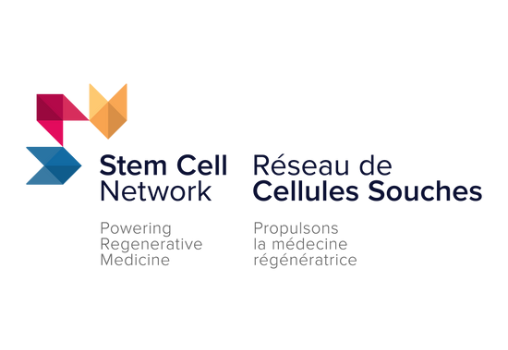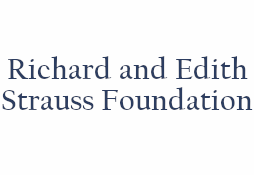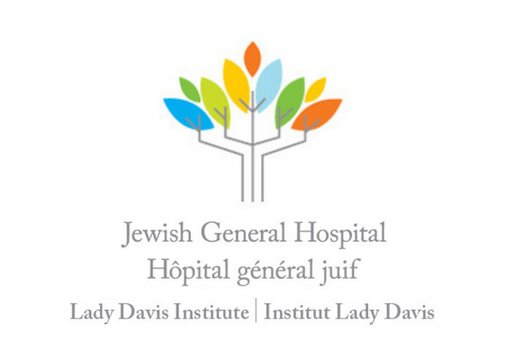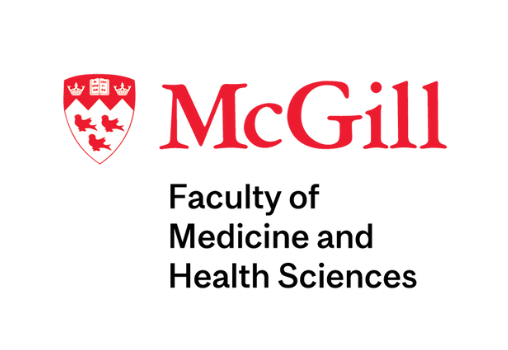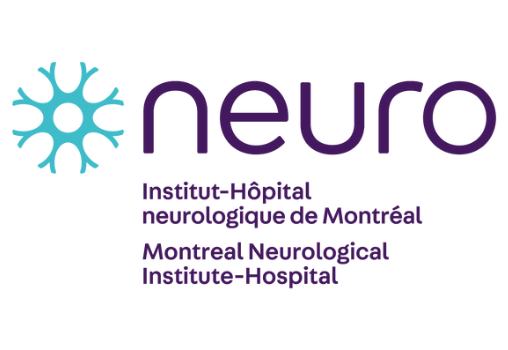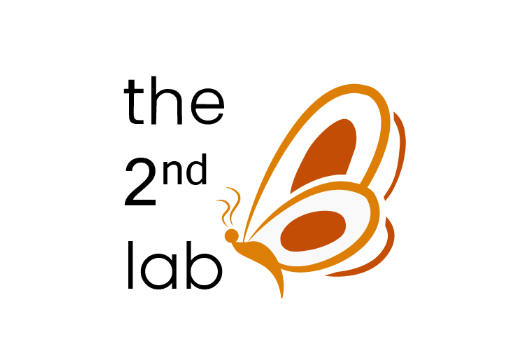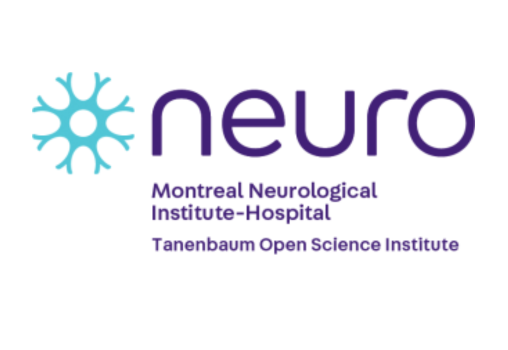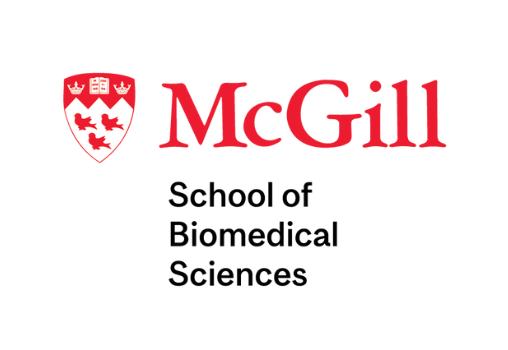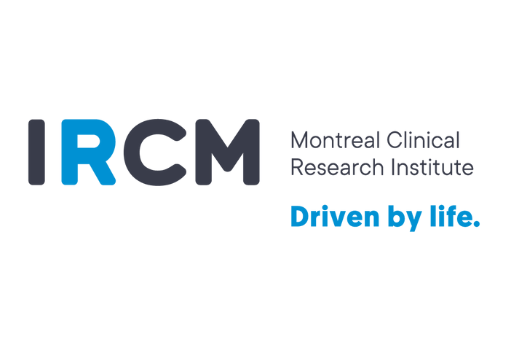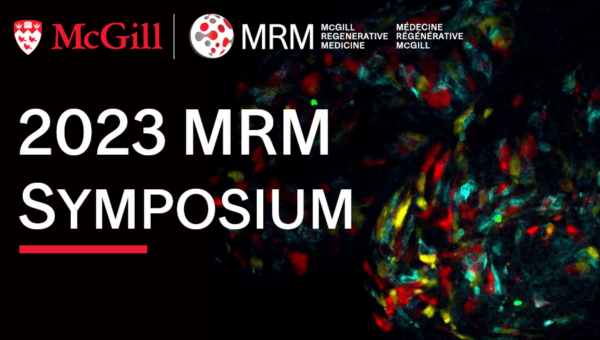
Coming up: the 2023 MRM Symposium
The 2023 MRM Symposium is next week!
The MRM Symposium brings together basic researchers, clinicians, and trainees within the McGill Regenerative Medicine community. It will be held on May 12, 2023, at the McIntyre Medical Sciences Building. This year’s event features a keynote lecture from Dr. John Dick (Princess Margaret Centre, Toronto).
The final program can be found on the event’s webpage. Discover what exciting line-up the Symposium’s organizing committee prepared for you!
OUR SPEAKERS
Keynote speaker
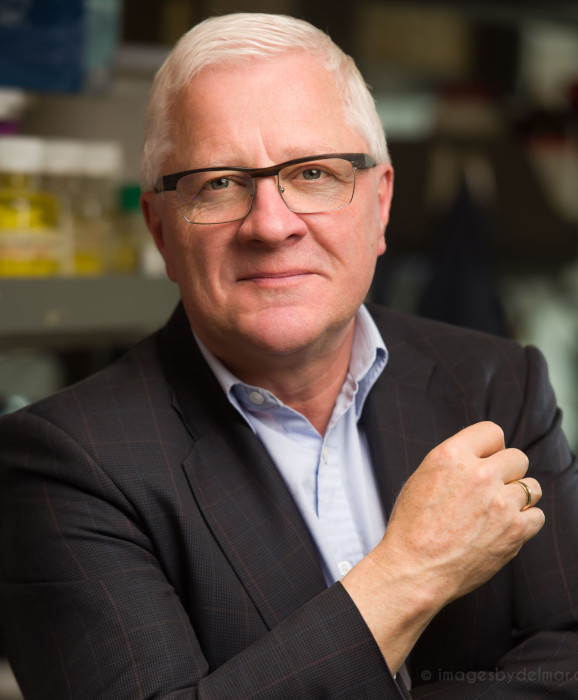 John Dick is a Senior Scientist and holds a Canada Research Chair in Stem Cell Biology at the Princess Margaret Cancer Centre and Affiliate Faculty Member, McEwen Stem Cell Institute, University Health Network; Professor of Molecular Genetics, University of Toronto; University Professor, University of Toronto.
John Dick is a Senior Scientist and holds a Canada Research Chair in Stem Cell Biology at the Princess Margaret Cancer Centre and Affiliate Faculty Member, McEwen Stem Cell Institute, University Health Network; Professor of Molecular Genetics, University of Toronto; University Professor, University of Toronto.
He is recognized for identifying and characterizing normal and leukemic human hematopoietic stem cells. His lab provided direct evidence for the cancer stem cell hypothesis, transforming our views of the origin and nature of cancer and laying the foundation for new approaches to cancer therapy. Similarly, his work on normal human hematopoiesis involving new methods for isolation and characterization of human HSC and downstream progenitors at single cell resolution has changed the textbook view of the human blood hierarchy. He has been internationally recognized through the election as a Fellow of the Royal Society of Canada (2004); Royal Society of London, UK (2014); AACR Academy (2016) and International Member of the US National Academy of Medicine (2020) and numerous prestigious awards including the Dameshek Prize (2005), Thomas Prize (2009) and Mentor Award (2018) from the American Society of Hematology; Clowes Memorial Award (2008), Outstanding Achievement in Blood Cancer Research (2022) and AACR-Pezcoller Prize for Extraordinary Achievement (2020) from American Association for Cancer Research; the Noble Prize (2000) and the Diamond Jubilee Award (2007) (with Drs. J.E. Till and E.A. McCulloch) from the National Cancer Institute of Canada; the Gold Leaf Prize for Discovery (2017) from the Canadian Institutes of Health Research; the Tobias Award (2017) and ISSCR Award for Innovation (2019) from The International Society for Stem Cell Research; The KEIO Medical Science Prize (2017); Dr. Chew Wei Memorial Prize in Cancer Research (2019); and the 2022 Canada Gairdner International Award.
Principal Investigators
 Dr. Claudia Kleinman’s research exploits genome-wide technologies and data science to understand mechanisms of gene expression. She has an interdisciplinary training that combines molecular biology, computer science, statistics and evolutionary biology, which she applies to the study of pathological transcriptional and RNA processing events, focusing particularly on cancer and brain development. She has developed and implemented methods for RNA editing and other chemical modifications, alternative splicing, non-coding RNA regulation, and integration with epigenomic data. Recently, her lab has specialized on single-cell transcriptomic technologies to resolve cell-to-cell variation. They have used these tools to define the cell of origin of several brain tumors, and to identify rare cells driving cancer progression. They are now applying them to study key aspects of cancer biology.
Dr. Claudia Kleinman’s research exploits genome-wide technologies and data science to understand mechanisms of gene expression. She has an interdisciplinary training that combines molecular biology, computer science, statistics and evolutionary biology, which she applies to the study of pathological transcriptional and RNA processing events, focusing particularly on cancer and brain development. She has developed and implemented methods for RNA editing and other chemical modifications, alternative splicing, non-coding RNA regulation, and integration with epigenomic data. Recently, her lab has specialized on single-cell transcriptomic technologies to resolve cell-to-cell variation. They have used these tools to define the cell of origin of several brain tumors, and to identify rare cells driving cancer progression. They are now applying them to study key aspects of cancer biology.
 Dr. Jianyu Li is Canada Research Chair in Biomaterials and Musculoskeletal Health, Assistant Professor in the Department of Mechanical Engineering, and Associate Member in the Departments of Biomedical Engineering and Surgery at McGill University. He graduated from Zhejiang University and obtained a Ph.D. degree in Mechanical Engineering from Harvard University. He conducted postdoctoral research on biomaterials at the Harvard Wyss Institute. His current research is focused on the design and mechanics of biomaterials for tissue-repair applications. Dr. Li receives the Christophe Pierre Research Excellence Award from McGill University, the Wyss Technology Development Award from Harvard University and is listed in Innovators under 35 China by MIT Technology Review. His work has been supported by numerous funding agencies such as CIHR, NSERC, NIH and NFRF, and covered by the New England Journal of Medicine, JAMA, and many news outlets such as the BBC, the CBC, etc.
Dr. Jianyu Li is Canada Research Chair in Biomaterials and Musculoskeletal Health, Assistant Professor in the Department of Mechanical Engineering, and Associate Member in the Departments of Biomedical Engineering and Surgery at McGill University. He graduated from Zhejiang University and obtained a Ph.D. degree in Mechanical Engineering from Harvard University. He conducted postdoctoral research on biomaterials at the Harvard Wyss Institute. His current research is focused on the design and mechanics of biomaterials for tissue-repair applications. Dr. Li receives the Christophe Pierre Research Excellence Award from McGill University, the Wyss Technology Development Award from Harvard University and is listed in Innovators under 35 China by MIT Technology Review. His work has been supported by numerous funding agencies such as CIHR, NSERC, NIH and NFRF, and covered by the New England Journal of Medicine, JAMA, and many news outlets such as the BBC, the CBC, etc.
 Dr. Denis Claude Roy is a hematologist and a full professor in the Department of Medicine at the Université de Montréal. He is Director of the Hematology-Oncology and Cell Therapy University Institute (IHOT) and also directs the Centre of Excellence for Cellular Therapy. Recognized for his expertise in the field of stem cells, Dr. Roy is Executive Director of CellCAN, the Canadian Regenerative Medicine and Cellular Therapy Network for Knowledge Mobilization, and Scientific Director of the C3i Centre for the Translation and Commercialization of Cancer Immunotherapy and Regenerative Medicine. Amongst numerous awards, he received the Persillier-Lachapelle Award from the Government of Quebec in 2020 in recognition of his prolific career.
Dr. Denis Claude Roy is a hematologist and a full professor in the Department of Medicine at the Université de Montréal. He is Director of the Hematology-Oncology and Cell Therapy University Institute (IHOT) and also directs the Centre of Excellence for Cellular Therapy. Recognized for his expertise in the field of stem cells, Dr. Roy is Executive Director of CellCAN, the Canadian Regenerative Medicine and Cellular Therapy Network for Knowledge Mobilization, and Scientific Director of the C3i Centre for the Translation and Commercialization of Cancer Immunotherapy and Regenerative Medicine. Amongst numerous awards, he received the Persillier-Lachapelle Award from the Government of Quebec in 2020 in recognition of his prolific career.
MRM Trainees
 Jonathan Brassard is a bioengineer working at the interface of biofabrication and stem cell biology. He has a bachelor in chemical engineering from Université Laval, and a Master in Life science engineering from EPFL where he developed novel technologies for organoid bioprinting. He is currently doing his PhD in the laboratory of Prof. Corinne Hoesli at McGill, where he works on vascularization of macroencapsulation devices and stem cell derived islets.
Jonathan Brassard is a bioengineer working at the interface of biofabrication and stem cell biology. He has a bachelor in chemical engineering from Université Laval, and a Master in Life science engineering from EPFL where he developed novel technologies for organoid bioprinting. He is currently doing his PhD in the laboratory of Prof. Corinne Hoesli at McGill, where he works on vascularization of macroencapsulation devices and stem cell derived islets.
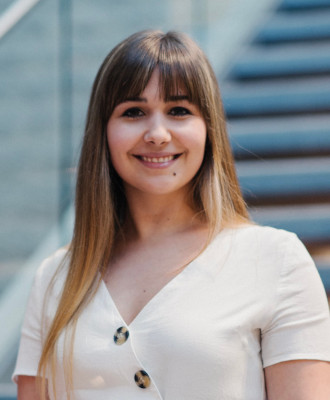 After high school, Sarah Lépine first studied Laboratory Techniques in Biotechnology at the Cégep of Saint-Hyacinthe. After obtaining her diploma, she completed a Bachelor of Science in Cellular and Molecular Biology at the University of Sherbrooke where she had the opportunity to complete several paid internships in various research fields. Her interests for iPSC and gene editing technologies brought her to join the Early Drug Discovery Unit (The Neuro-Montreal Neurological Institute and Hospital) first as a summer student and now as PhD candidate under the supervision of Dr. Thomas M. Durcan as part of McGill University’s MD-PhD program. As a future physician-scientist, she aspires to bridge the gap between promising scientific breakthroughs and the development of medical applications that can tangibly improve the life of patients.
After high school, Sarah Lépine first studied Laboratory Techniques in Biotechnology at the Cégep of Saint-Hyacinthe. After obtaining her diploma, she completed a Bachelor of Science in Cellular and Molecular Biology at the University of Sherbrooke where she had the opportunity to complete several paid internships in various research fields. Her interests for iPSC and gene editing technologies brought her to join the Early Drug Discovery Unit (The Neuro-Montreal Neurological Institute and Hospital) first as a summer student and now as PhD candidate under the supervision of Dr. Thomas M. Durcan as part of McGill University’s MD-PhD program. As a future physician-scientist, she aspires to bridge the gap between promising scientific breakthroughs and the development of medical applications that can tangibly improve the life of patients.
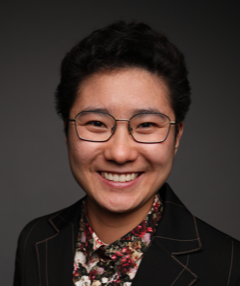 Li Li is currently pursuing a Ph.D. in the Department of Surgery, specializing in the Experimental Surgery program, under the esteemed guidance of Professor Lisbet Haglund. Li’s primary research interests lie in stem cell and extracellular vesicle therapies for the treatment of discogenic low back pain.nLi’s work primarily focuses on examining the interactions between human intervertebral disc cells and human bone-marrow-derived mesenchymal stem cells. Additionally, Li is dedicated to exploring the protein signatures of extracellular vesicles produced by disc cells in various pathological states. Through their collaborative efforts, Li and Professor Haglund hope to contribute to the identification of potential therapeutic extracellular vesicle markers that may be beneficial in the treatment of low back pain.
Li Li is currently pursuing a Ph.D. in the Department of Surgery, specializing in the Experimental Surgery program, under the esteemed guidance of Professor Lisbet Haglund. Li’s primary research interests lie in stem cell and extracellular vesicle therapies for the treatment of discogenic low back pain.nLi’s work primarily focuses on examining the interactions between human intervertebral disc cells and human bone-marrow-derived mesenchymal stem cells. Additionally, Li is dedicated to exploring the protein signatures of extracellular vesicles produced by disc cells in various pathological states. Through their collaborative efforts, Li and Professor Haglund hope to contribute to the identification of potential therapeutic extracellular vesicle markers that may be beneficial in the treatment of low back pain.
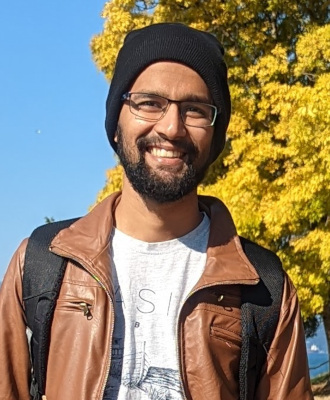 Thulaj Meharwade: Science has always been mesmerizing, and these intricacies of life enthralled my passion to pursue my master’s in Microbial Gene Technology from Madurai Kamaraj University, India, Following, my master’s graduation, I pursued my childhood dream of working on stem cells by joining Dr. R.V. Shaji’s laboratory at Centre for Stem Cell Research at Christian Medical College, India. During this period, I focused on disease modelling of rare blood disorders (Diamond blackfan anemia, congenital dyserythropoietic anemia) using patient samples and integrative CRISPR based isogenic models. This amazing experience led me to further hone my skills with the aim of integrating a doctoral program in stem cell related biology. I then applied to Dr. Malleshaiah’s laboratory at Montreal Clinical Research Institute affiliated to University of Montreal, where I have been deciphering the role of “transcriptional and signalling mechanisms involved in regulating stem cell fates of embryonic and induced pluripotent stem cells”.
Thulaj Meharwade: Science has always been mesmerizing, and these intricacies of life enthralled my passion to pursue my master’s in Microbial Gene Technology from Madurai Kamaraj University, India, Following, my master’s graduation, I pursued my childhood dream of working on stem cells by joining Dr. R.V. Shaji’s laboratory at Centre for Stem Cell Research at Christian Medical College, India. During this period, I focused on disease modelling of rare blood disorders (Diamond blackfan anemia, congenital dyserythropoietic anemia) using patient samples and integrative CRISPR based isogenic models. This amazing experience led me to further hone my skills with the aim of integrating a doctoral program in stem cell related biology. I then applied to Dr. Malleshaiah’s laboratory at Montreal Clinical Research Institute affiliated to University of Montreal, where I have been deciphering the role of “transcriptional and signalling mechanisms involved in regulating stem cell fates of embryonic and induced pluripotent stem cells”.

Korin Sahinyan is a PhD student in Dr. Vahab Soleimani’s lab located at the Lady Davis Institute for Medical Research. Korin completed her B.Sc degree in Physiology at McGill University. She then started her Master’s Degree at McGill University in the department of Human Genetics in Dr. Vahab Soleimani’s lab. After starting the Master’s degree in 2018, she fast-tracked into the PhD program in 2020. Her PhD thesis is focused on understanding the chromatin dynamics in muscle stem cells and their niche components such as the myofibers. During her studies, she has studied the epigenetic regulation of muscle regeneration and she has developed and improved novel techniques for the study of the epigenome in the rare cell types. After completing her PhD, Korin aspires to do post- doctoral research in regenerative medicine with the hopes of establishing her own research program in the future.
 Dania Shaban is a Ph.D student in Dr. Ana Nijnik’s lab. She did her undergraduate studies at McGill university in Microbiology and Immunology. In Dr. Nijnik’s lab she works on exploring the role of deubiquitinase MYSM1 in various contexts, including human bone marrow deficiency and its role as a potential therapeutic target in MYC- driven cancers.
Dania Shaban is a Ph.D student in Dr. Ana Nijnik’s lab. She did her undergraduate studies at McGill university in Microbiology and Immunology. In Dr. Nijnik’s lab she works on exploring the role of deubiquitinase MYSM1 in various contexts, including human bone marrow deficiency and its role as a potential therapeutic target in MYC- driven cancers.

